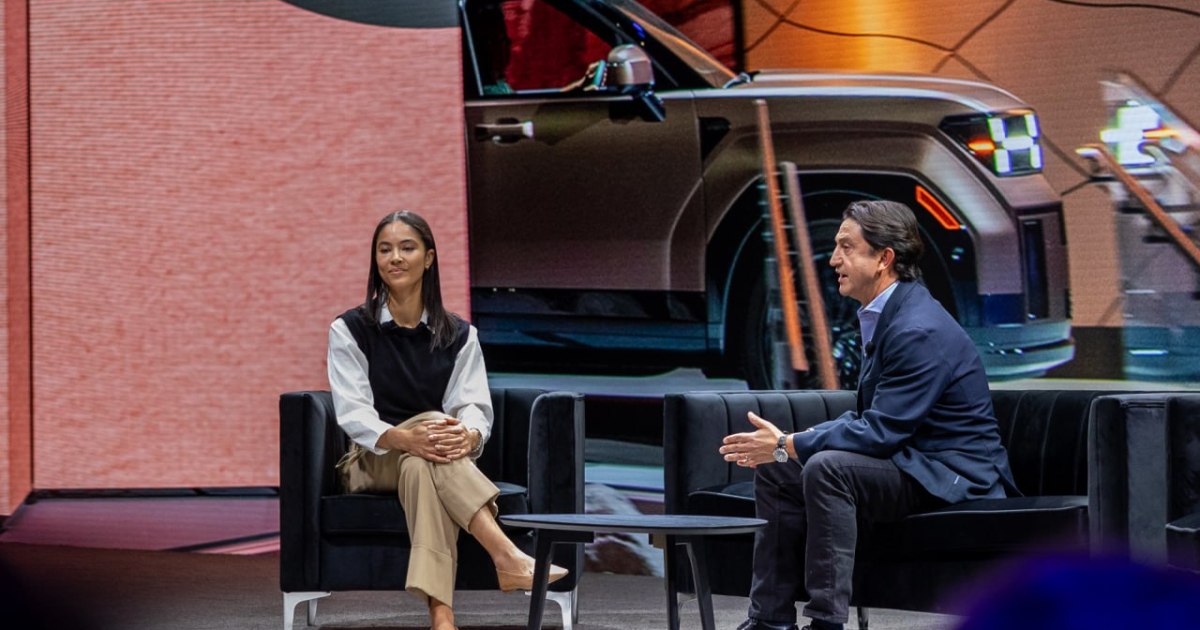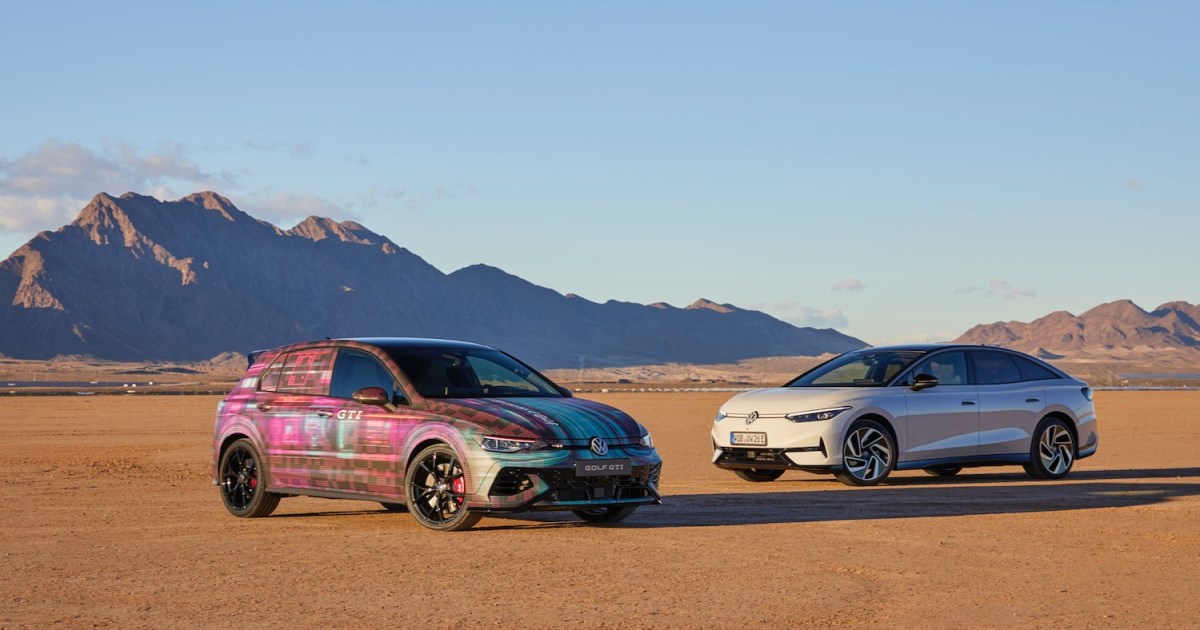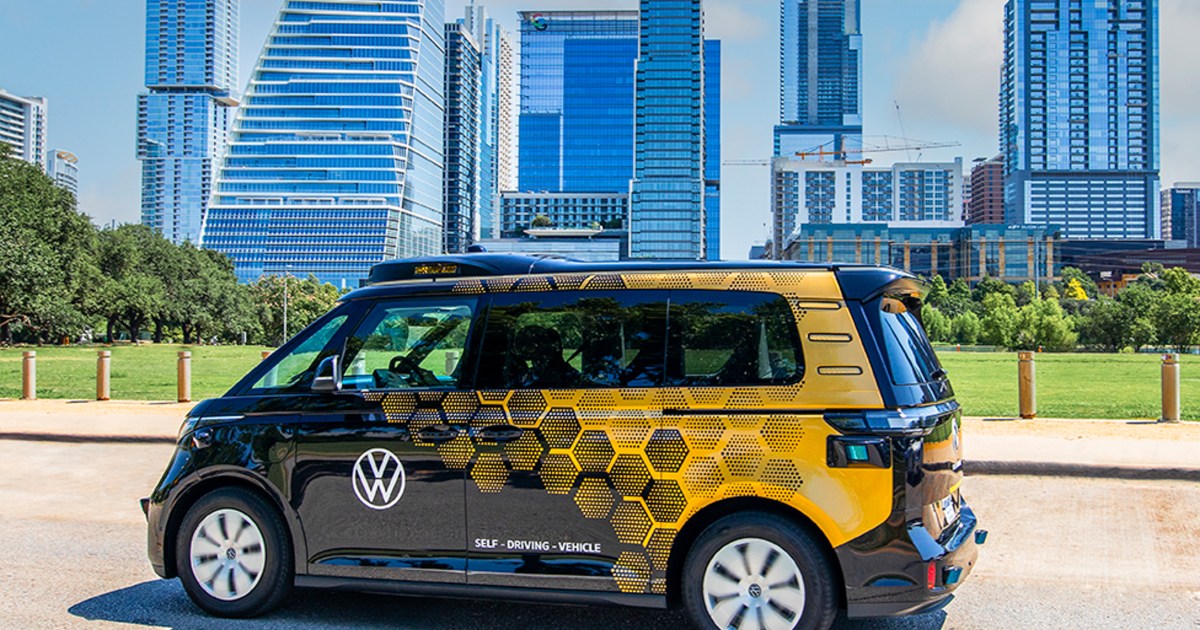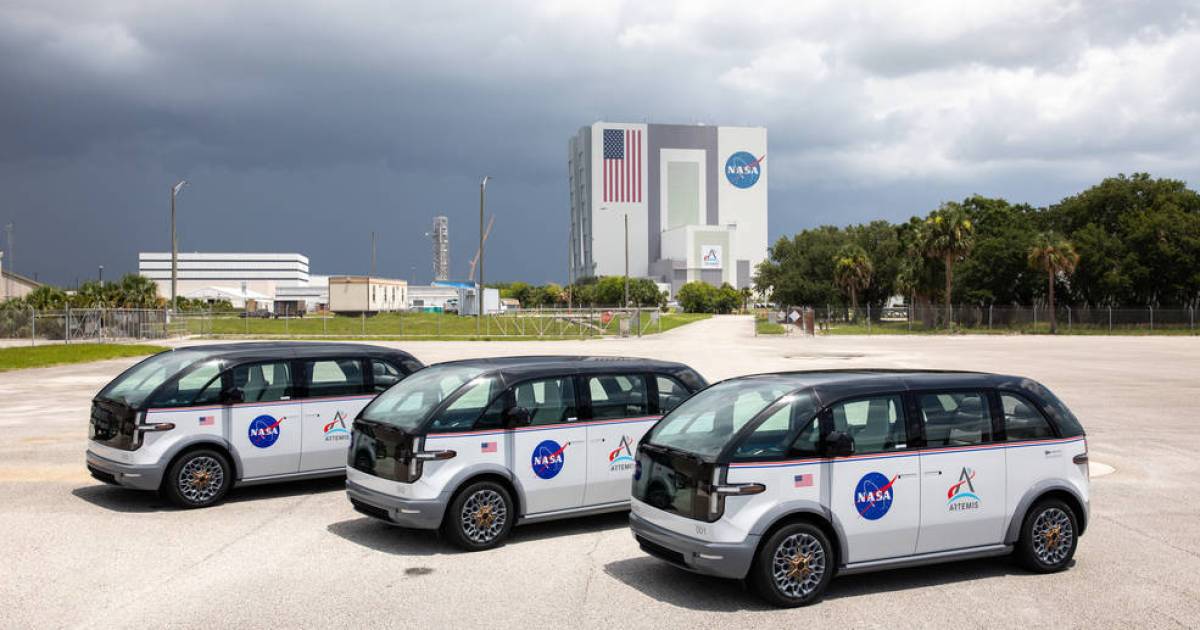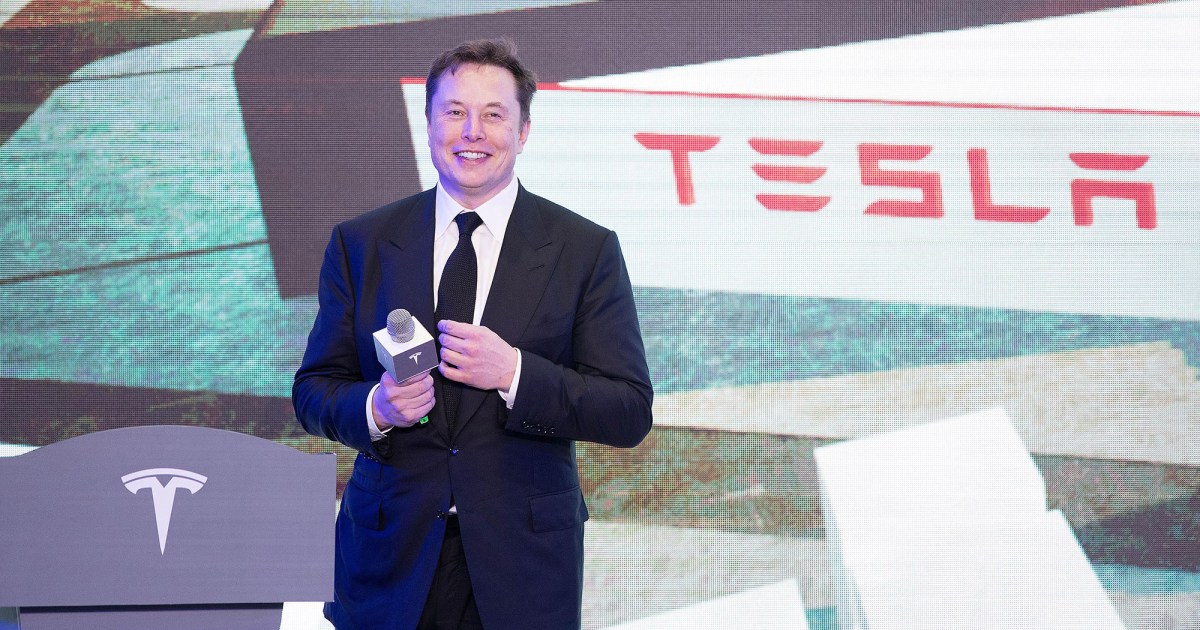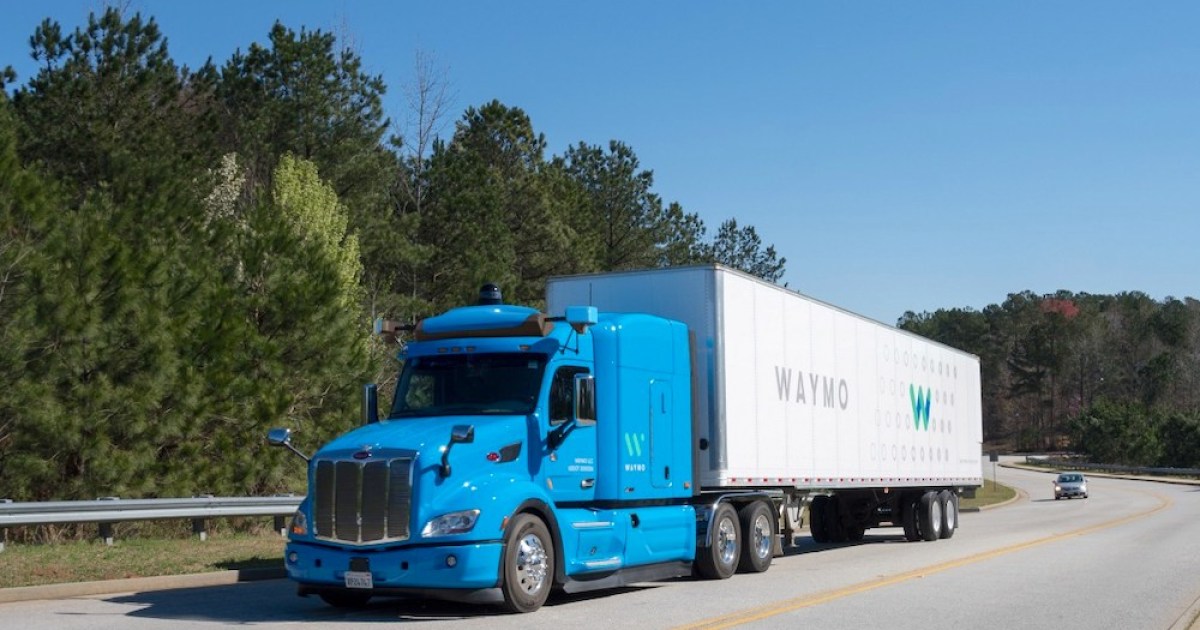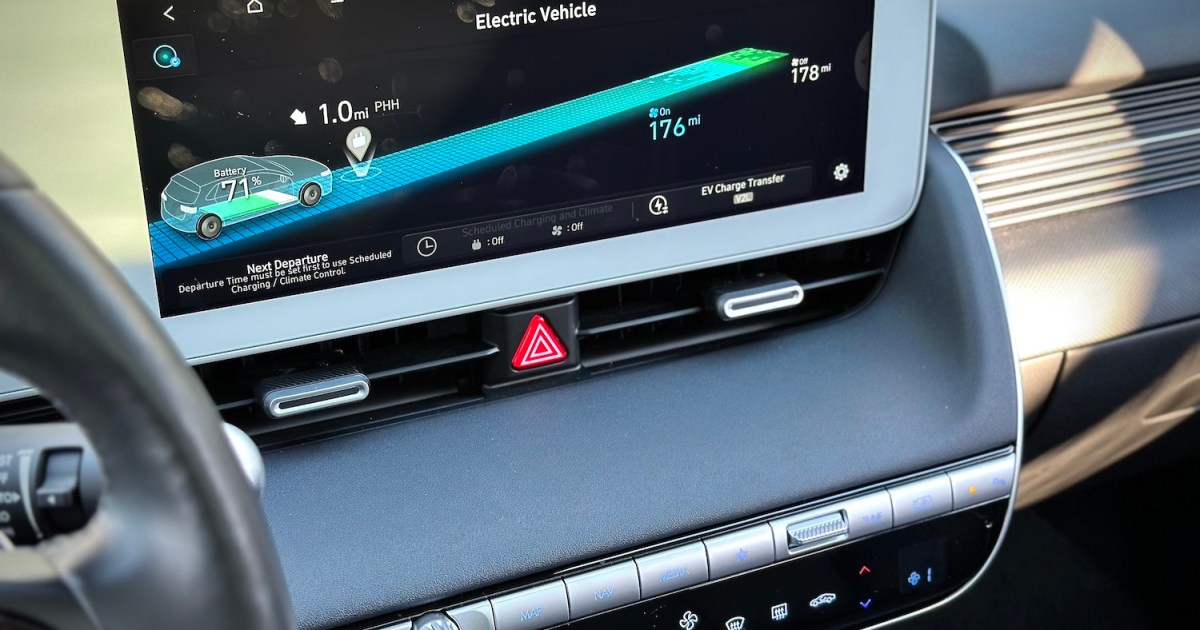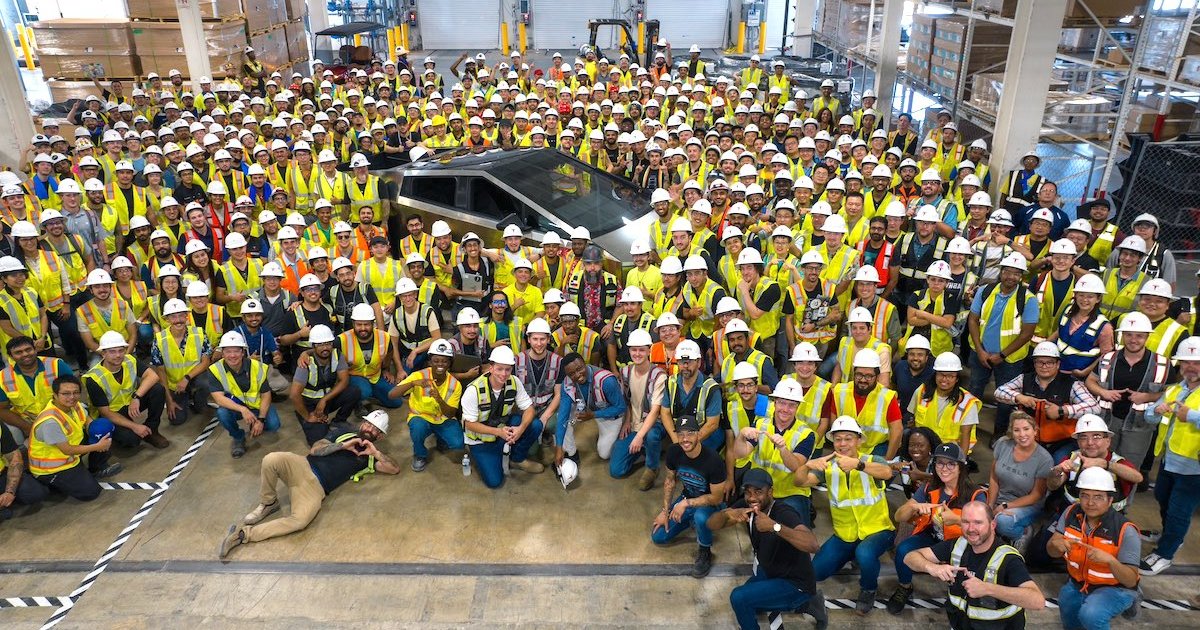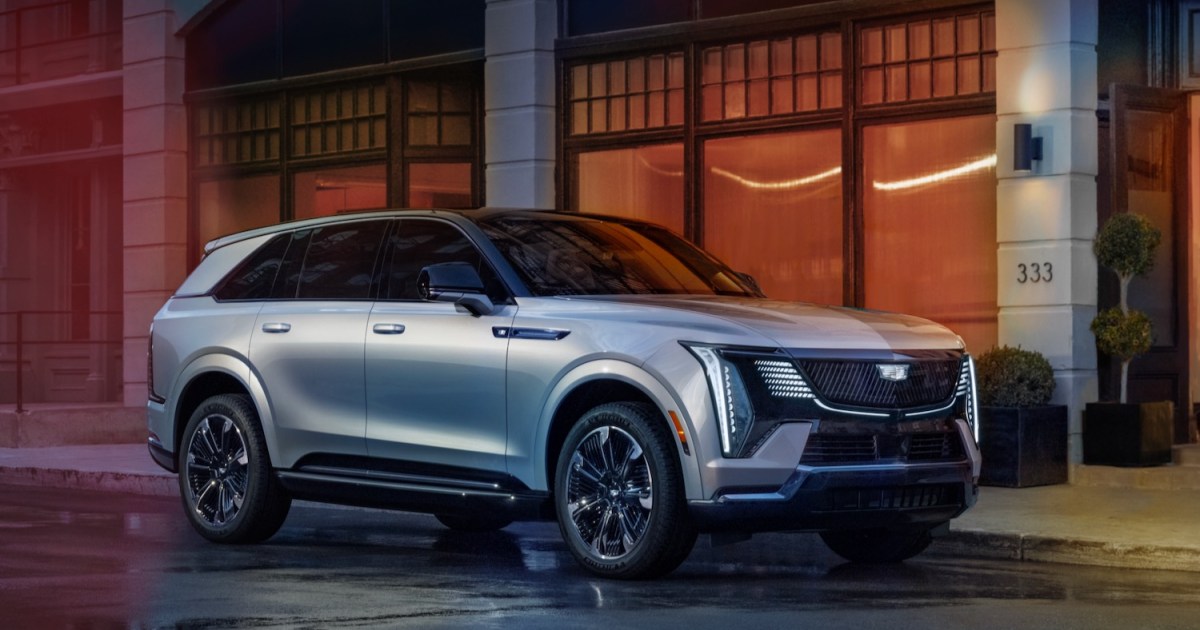Hyundai showcased its commitment to hydrogen power at CES 2024, unveiling innovative methods of hydrogen production from unconventional sources like sewage and waste plastics. This reinforces their dedication to the technology despite the current dominance of battery-powered EVs.
Hyundai’s head of fuel cell development, Chang Hwan Kim, explained their two-pronged approach. Sewage is processed using microorganisms to produce biogas, which is then refined into hydrogen. Waste plastics, including non-recyclable types, are melted into a viscous substance and converted into gas, subsequently refined into hydrogen. This contrasts with the current industry standard of deriving hydrogen from natural gas, a fossil fuel.
While Hyundai currently offers only one hydrogen fuel cell vehicle, the Nexo, introduced in 2018, their focus remains on industrial applications. Kim emphasized that batteries and fuel cells are complementary technologies, with batteries focusing on energy storage and fuel cells on energy conversion. The superior energy density of fuel cells makes them ideal for large trucks, construction equipment, and ships. A fleet of 30 Hyundai Xcient fuel cell trucks is already operational at the Port of Oakland.
Hyundai is actively expanding hydrogen infrastructure through several initiatives. They are participating in a U.S. government project to develop seven regional hydrogen hubs, incorporating hydrogen power in their new Georgia EV factory, and partnering with Indonesia to implement their waste-to-hydrogen technology in West Java. With a $1.4 billion investment in hydrogen since 1998, and a planned $1.4 billion more over the next three years, Hyundai is clearly committed to a hydrogen-powered future.
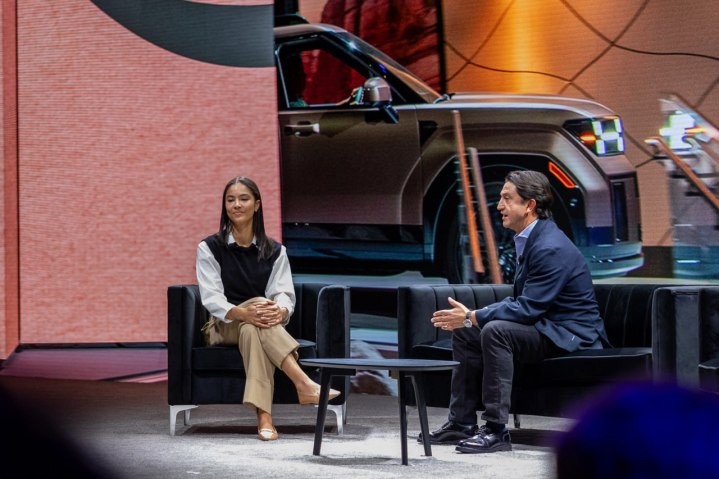 Hyundai
Hyundai



